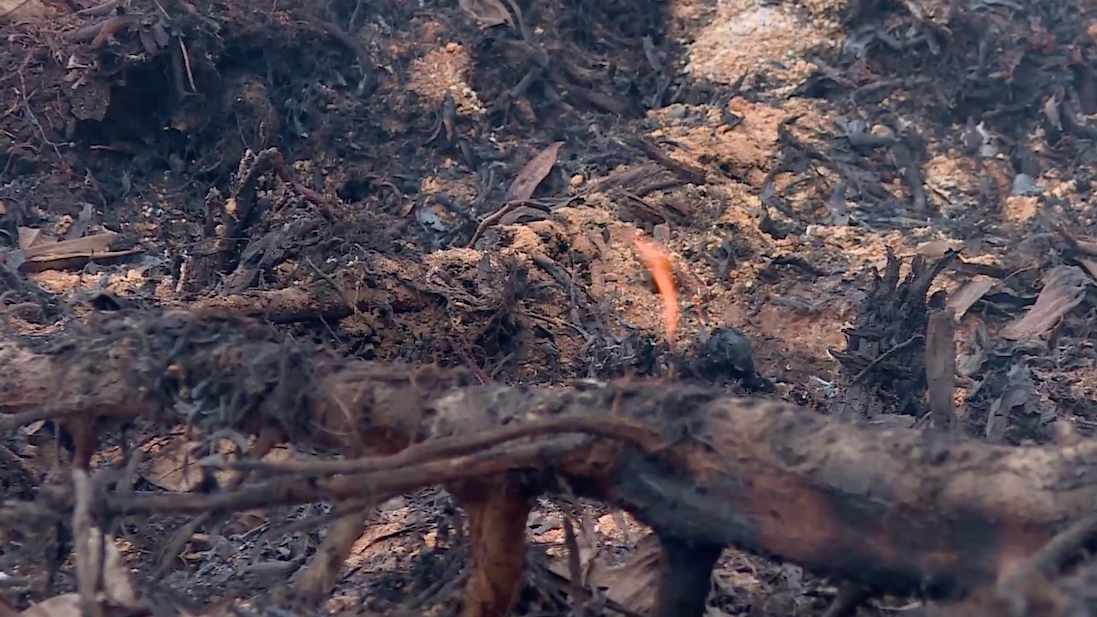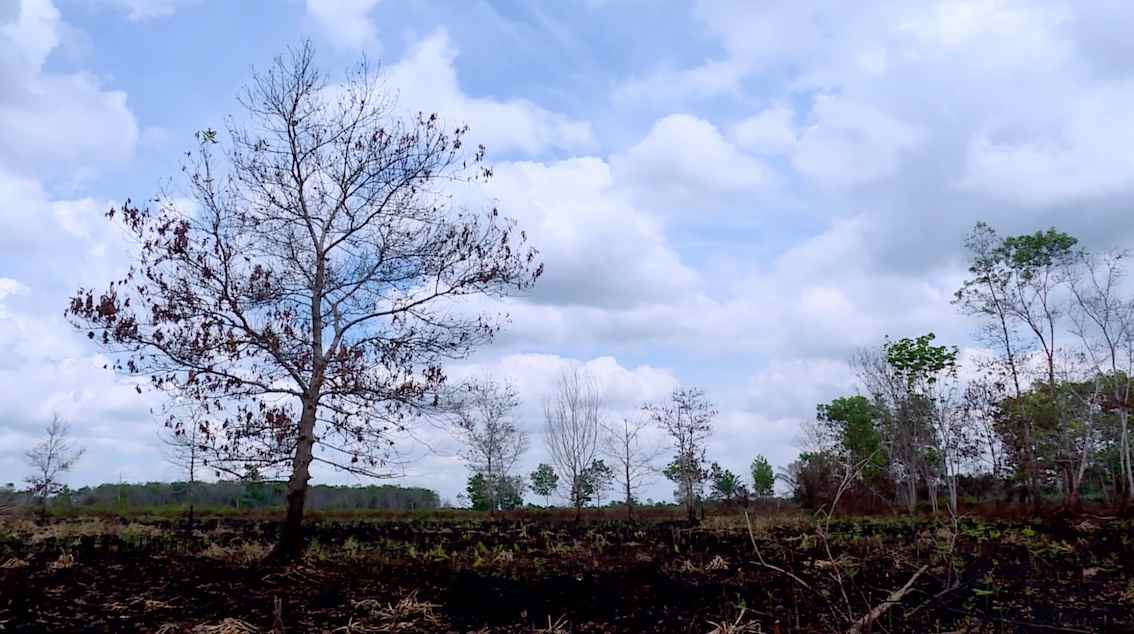
Indonesia threatens to quit Paris Climate Deal over palm oil
An environmental dispute is brewing in Indonesia between the country’s government officials and the European Union (EU). As one of the largest producers of palm oil in the world, Indonesia relies heavily on the crop. Some 50 million people in the country also depend on palm oil in daily life, directly or indirectly.
But it’s no surprise that producing the crop is considered harmful to the environment. Big corporations slash rainforests in Borneo, Kalimantan to make way for palm oil plantations.
Environmentalists have seen Indonesia’s rainforests change from lush greeneries to barren lands. In 2015, a state of emergency was put in place after several cities in Central Kalimantan, including its capital city Palangkaraya, was covered in thick yellow haze from deforestation.

It’s a problem that the country has been grappling with for decades. But its consequences are detrimental, not only to the environment but also to the animals that live in those forests. Sumatran Tigers and Orangutans are now considered endangered because of what deforestation has done to their natural habitat.

Deforestation in Indonesia has forced many endangered animals out of their natural habitats including the Sumatran Tiger and Orangutans. /CGTN Photo
Yuyun Indradi, an environmentalist based in Jakarta, believes the responsibilities lie within the big corporations that allow rainforests to be burned in the first place.
“Those big multinational companies should be responsible because they are taking advantage and profiting from the weak laws and regulations we have in the country. Their practices are clearly unsustainable and irresponsible. Burning forests destroys our environment, health and creates conflict between people,” said Yuyun.
He went on to say that Indonesia has a rich biodiversity, considered within the top three in the world. That biodiversity should be protected and nurtured.
Cutting down millions of hectares of these rainforests continues to increase Indonesia’s greenhouse gas emissions, which in turn contributes to climate change, an important topic being discussed in the global front.
While many countries are working to reduce their emissions, Yuyun believes Indonesia should also become a leader in decreasing emissions and putting strict regulations on companies that do not abide by those rules.
However, as destructive as palm oil can be. It provides income for millions of Indonesians. Stopping its exports to the EU would have a major impact on the country’s economy.
As the EU begins to phase out palm oil as a renewable transport fuel by 2030, economists believe Indonesia should have a plan B in mind.
“Palm oil is an export commodity, which accounts for 10 to 15 percent of our total exports. So if the demand from EU is stopped by 2030, beyond that our export performance particularly with this commodity will slow down so it will impact negatively on our export performance and it will impact our trade balance and also current account deficit,” said Josua Pardede, an economist for Bank Permata.
Josua further explains that Indonesian officials must begin to map out other plans that would help to boost its export performance should the EU confirms its decision. Indonesia has retaliated by saying that it will consider leaving the Paris Climate Deal. Under the deal, the country has already committed to reducing its greenhouse gas emissions drastically by 2030.
Government officials in Indonesia are also planning to take this matter to the World Trade Organization, saying the whole dispute is a misunderstanding.
The Indonesian government has been pushing its law on sustainable palm oil practices for a long time and many farmers have begun to adopt those practices. However, the slash and burn method remains the cheapest way to clear land and many companies tend to choose the cheapest way out.
Moving forward, both environmentalists and economists believe the Indonesian government should be more serious in adopting sustainable policies that could help reduce the country’s greenhouse gas emissions while boosting its economic growth at the same time.















